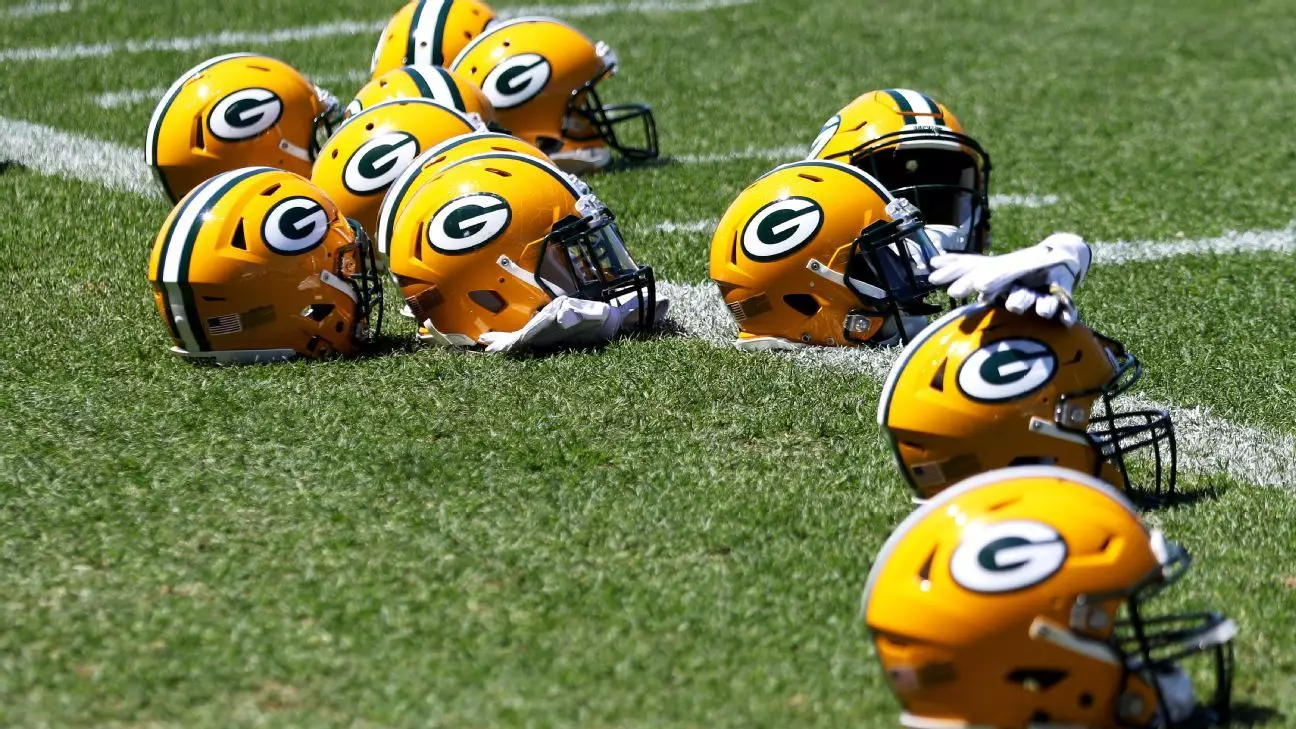Amidst the constant barrage of headlines highlighting billion-dollar TV deals and skyrocketing franchise values, the Green Bay Packers stand as a counterintuitive beacon of financial stability rooted in grassroots ownership and community engagement. As the longest-standing publicly owned team in professional sports, the Packers defy the typical narrative of hyper-privatization fueling explosive growth. Their recent financial disclosures, revealing a staggering $432.6 million in revenue sharing from a single year, signal not just league-wide prosperity but also underscore the viability of a sports model rooted in collective ownership. It’s a model that prioritizes sustainability and local devotion over relentless profit-maximization—a strategy whose importance is often undervalued in an era obsessed with billionaires and private equity.
This financial snapshot is revealing on multiple levels. While most NFL franchises have seen their value balloon through private investments and aggressive spending, the Packers demonstrate that community ownership can generate comparable, if not better, financial health. The team’s local revenues—bolstered by on-site upgrades and increased game days—paired with national income from TV and streaming rights, create a diversified income stream resilient to the volatility of privatized sports ventures. This stability challenges the conventional wisdom that private ownership is the only route to financial excellence in professional sports.
Why the Packers Model is a Power Play for the Average Fan and Community Interests
It’s important to recognize that the Packers’ financial approach offers a blueprint that aligns the team’s success with community stability. Unlike private owners driven by quarterly profits or individual legacies, the Packers’ 539,000 shareholders are everyday fans and residents whose stakes are shared equally and without dividends. This democratization of ownership fosters a sense of collective responsibility and loyalty that cannot be bought or sold. It’s an approach that keeps the team’s focus firmly rooted in its local identity—an essential factor in an increasingly corporate NFL that often sacrifices community relations for short-term gains.
Moreover, the team’s continuous reinvestment into Lambeau Field and other facilities exemplifies how public teams can sustain infrastructure without succumbing to the temptations of private leverage or reckless spending. The recent multi-million investment into locker room renovations isn’t just a luxury; it’s a testament to the sustainable, local-first philosophy that keeps the franchise financially healthy even amidst league-wide revenue growth.
This strategy also mitigates the risks associated with private ownership—namely, the danger of losing control to those motivated solely by profit, which can lead to franchise relocations or community alienation. The Packers’ model demonstrates that stability and profitability are not mutually exclusive; in fact, when prioritized correctly, they reinforce each other.
The Broader Implications: A Call for Purpose-Driven Sports Business Models
As the NFL’s total revenue soars past $13 billion annually, it’s tempting to view this success through the lens of corporate greed and unchecked capitalism. Yet, the Packers show us that alternative pathways exist—pathways that intertwine community interests with financial prudence. Their example challenges the prevailing narrative that sports success must come at the expense of local identity or fan inclusion.
Furthermore, the Packers’ financial discipline—maintaining a hefty reserve fund and minimizing reliance on private investment—speaks to a values-driven approach that advocates for long-term sustainability over short-term gains. This is especially significant in the context of modern sports economics, where private equity firms have used aggressive leverage and asset stripping to maximize returns. The Packers prove that a balanced, community-centric approach can be both profitable and morally sound.
In an increasingly polarized political environment, the Packers model raises pivotal questions about the purpose of sports as a communal institution. Should professional sports be engines of unchecked revenue generation, or should they serve as a unifying force grounded in local pride and collective well-being? The sustainability of the Packers’ financial strategy suggests the latter has profound merit. It indicates a potential blueprint for reform that marries financial robustness with social responsibility, setting a compelling example for teams across leagues and even beyond sports.


Leave a Reply